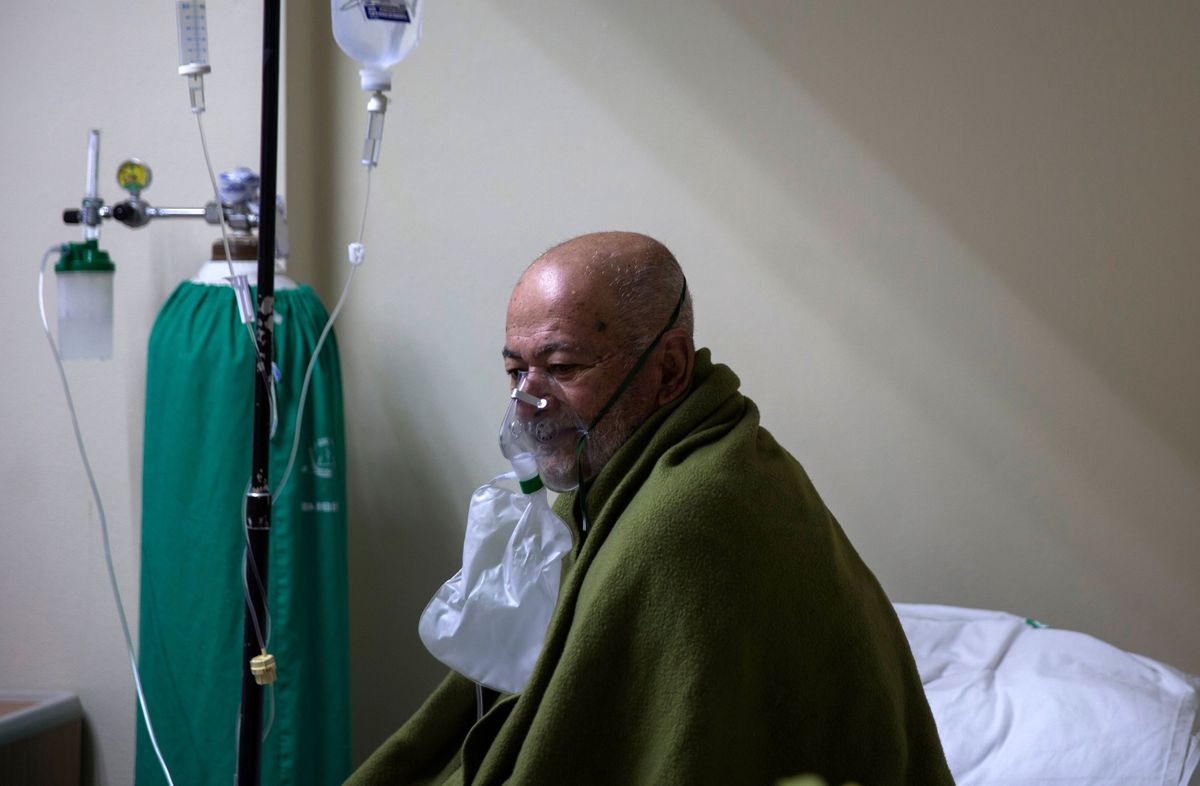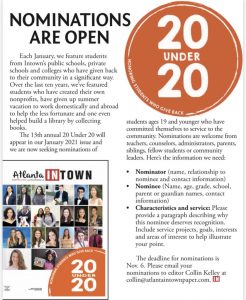The latest
New clinics opening nationwide to treat patients with post-COVID symptoms
“We need to think about how we’re going to provide care for patients who may be recovering for years after the virus,” said Dr. Sarah Jolley, a pulmonologist with UCHealth University of Colorado Hospital and director of UCHealth’s Post-Covid Clinic, where Troutman goes.
That need has jumpstarted post-COVID clinics, which offer a range of specialists in one place.
One of the first and largest of these clinics is at Mount Sinai in New York City. Programs also have been launched at the University of California-San Francisco, Stanford University Medical Center and the University of Pennsylvania. The Cleveland Clinic plans to open one early next year.
It’s not just academic medical centers: St. John’s Well Child and Family Center, part of a network of community clinics in South Central Los Angeles, said it aims to test thousands of its patients who were diagnosed with COVID since March for long-term effects.
News
11:23 a.m. COVID fears about voting in person? Hit the polls early, one reader implores
In a letter to the Sun-Times editors, Varun Sree of Aurora writes…
Last Thursday, Illinois joined eight other states in opening early in-person voting. Before the end of October, 41 states and D.C. will have in-person early voting. For all intents and purposes, the 2020 election has already started.
If voting starts over a month before election day, why are so many people waiting until Nov. 3 to cast their ballot?
We have all experienced the long lines and insane wait times that have become synonymous with voting. Given the public safety concerns stemming from the pandemic, we must avoid a repeat of past elections.
Decided voters who choose to cast their ballot in person should take advantage of the state’s election laws and vote before Nov. 3 to protect themselves and others from crowded polling locations where social distancing guidelines cannot be properly followed.
Read this and more Letters to the Editor here.
9:03 a.m. Self-described ‘cautious’ Cook County pol tests positive for COVID-19: ‘I’m not a person who would touch doorknobs’
A commissioner on the Cook County Board has tested positive for the coronavirus about a week after appearing at an event with Cook County Board President Toni Preckwinkle.
In a series of tweets, Kevin Morrison, who was elected in 2018, said he was “feeling well with very little symptoms.
“Upon receiving my positive test results, I immediately contacted anyone that I knowingly came in contact with and encouraged them to be tested,” Morrison tweeted.
“I will be following Illinois Department of Public Health and Cook County Department of Public Health guidance and will be self-isolating for at least 14 days and will not resume any in-person activities until a confirmed negative test. I encourage everyone to continue to follow public health guidance and to stay safe.”
Reporter Rachel Hinton has the full story.
New cases
The latest reminder of how the pandemic has upended life in the state came as officials announced 2,273 more people were confirmed to carry the virus Wednesday among the latest 58,546 tests administered.
That kept the state’s average testing positivity rate over the last week at 3.6%. That number, which indicates how quickly the virus is spreading, has fallen almost a full percentage point since the start of September.
But it’s up to 8.4% in the northwest portion of the state that includes Rockford and Dixon. Because the region topped 8% for three days, Pritzker’s office announced restrictions on indoor restaurant and bar service this week.
Analysis & Commentary
1:15 p.m. How your participation in the Census could lead to greater health care equity in Chicago
As an ER doctor who has worked throughout Chicago’s South and West sides, I’ve seen profound tragedy and sadness over my career — but especially over the last several months.
Since the pandemic began, I’ve seen people who have gone from 100% healthy to barely able to breathe in just a few days. I’ve counseled friends who have been blindsided by an onslaught of end-of-life care decisions. I’ve had to tell the heartbroken families of my patients that they can’t see their grandparent, their spouse or their child during what could be their last days alive.
These unfortunate circumstances are concentrated in certain communities across Chicago. More than three out of four COVID-19 cases in the city occur within our African-American or Latinx populations, with the predominant number of coronavirus cases clustered on the South and West sides.
In the short term, we can decrease the spread of COVID-19 by wearing masks, maintaining social distancing and understanding how to protect the most vulnerable people, such as the elderly and those who have compromised immune systems and live in poverty.
But to make gains in the long run, there’s something else we can do right now to dramatically improve health care: Fill out our Census forms and represent our community.


















